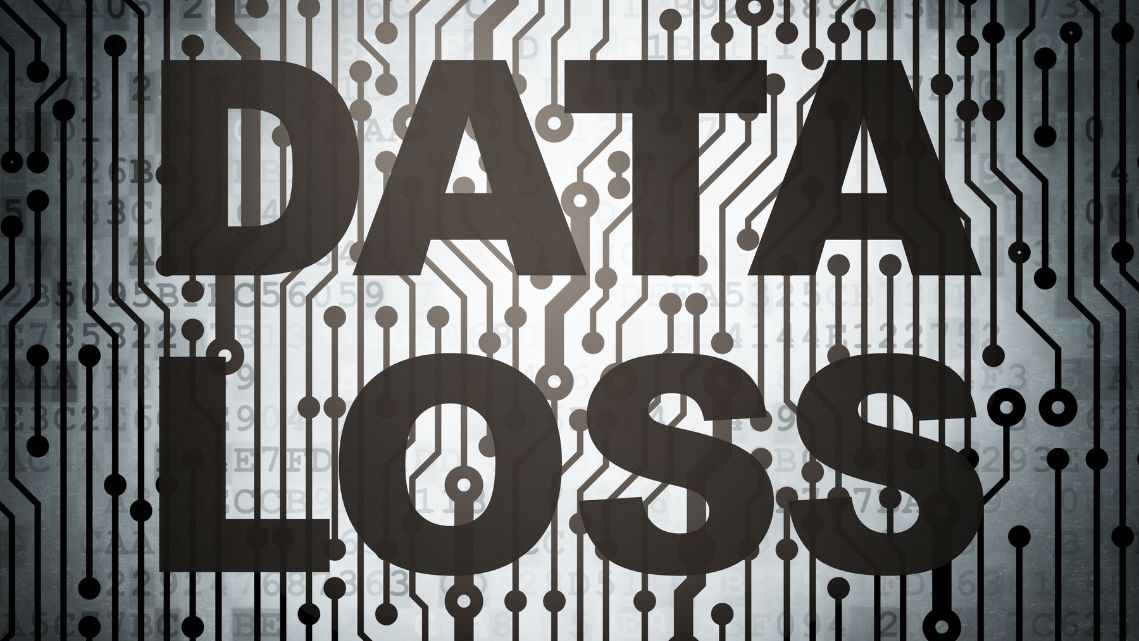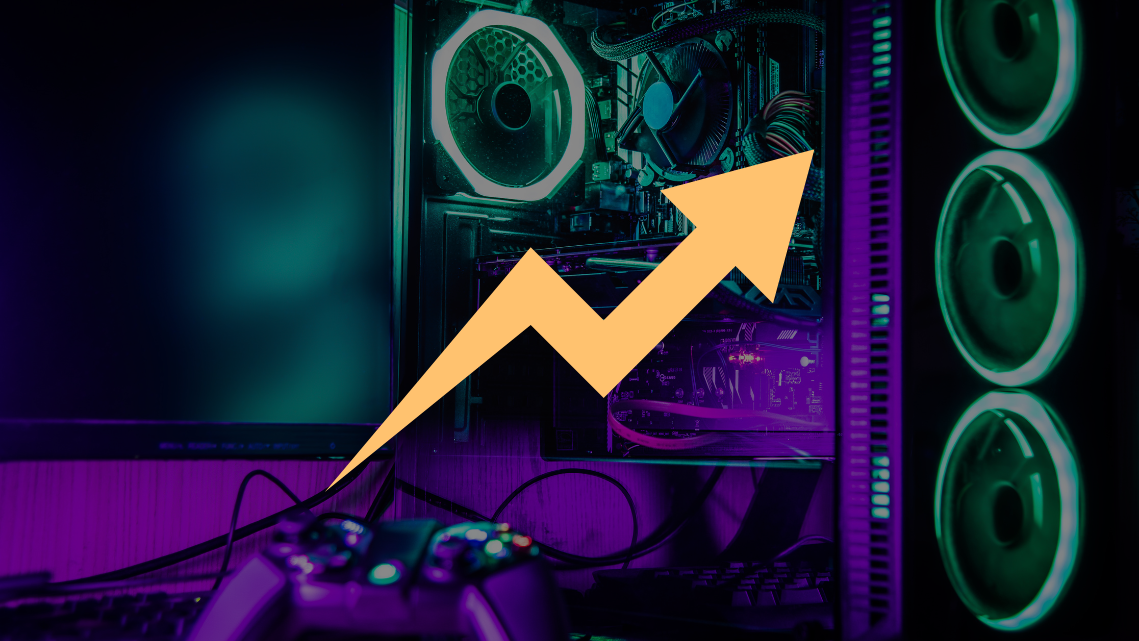AI has transformed AI computer security, offering innovative solutions against cyber threats. GeekzUP Repairs explores its impact. In recent years, artificial intelligence (AI) has emerged as a powerful tool in the fight against cyber threats, fundamentally transforming the landscape of computer security. As cyberattacks become more sophisticated and frequent, traditional security measures are often insufficient. AI offers innovative solutions to detect, prevent, and respond to these threats more effectively. This article explores the profound impact of AI on computer security, highlighting its benefits, applications, and future potential.
The Rise of AI in Cybersecurity
Understanding AI in Cybersecurity
AI in cybersecurity refers to the use of machine learning algorithms and other AI technologies to enhance the ability of systems to detect and respond to cyber threats. Unlike traditional security measures, which rely on predefined rules and signatures, AI systems learn from data, identifying patterns and anomalies that may indicate malicious activity.
Why AI is Necessary
The increasing complexity and volume of cyberattacks necessitate more advanced security measures. AI offers several advantages over traditional methods:
- Scalability: AI can analyze vast amounts of data in real time, far exceeding human capabilities.
- Adaptability: AI systems can learn and evolve, adapting to new threats as they emerge.
- Speed: AI can detect and respond to threats almost instantaneously, reducing the window of vulnerability.
Key Applications of AI in Computer Security
Threat Detection and Prevention
One of the most significant applications of AI in computer security is threat detection. AI-powered systems use machine learning algorithms to analyze network traffic, user behavior, and system logs, identifying unusual patterns that may indicate a cyberattack. This proactive approach enables early detection and prevention of threats such as malware, phishing, and ransomware.
Behavioral Analysis
Behavioral analysis involves monitoring the behavior of users and systems to detect anomalies. AI algorithms establish a baseline of normal behavior and then flag deviations that may suggest malicious activity. For example, if a user suddenly downloads large amounts of data or accesses restricted areas, the AI system can raise an alert for further investigation.
Automated Response
AI can automate responses to detected threats, significantly reducing the time it takes to mitigate an attack. Automated response systems can isolate affected systems, block malicious traffic, and apply patches or updates to prevent further exploitation. This rapid response capability is crucial in minimizing the impact of cyberattacks.
Fraud Detection
In industries such as finance and e-commerce, AI is used to detect and prevent fraud. Machine learning models analyze transaction data to identify patterns indicative of fraudulent activity. These systems can flag suspicious transactions in real time, allowing for immediate action.
Vulnerability Management
AI assists in vulnerability management by scanning systems for known vulnerabilities and prioritizing them based on risk. AI-driven tools can predict which vulnerabilities are most likely to be exploited, helping organizations allocate resources more effectively and patch critical weaknesses before they can be exploited.
Benefits of AI in Computer Security
Enhanced Accuracy
AI systems can analyze data with a high degree of accuracy, reducing the number of false positives and negatives. This precision ensures that genuine threats are identified and addressed promptly, while minimizing disruptions caused by false alarms.
Improved Efficiency
AI automates many aspects of cybersecurity, from threat detection to response. This automation frees up human analysts to focus on more complex tasks, improving overall efficiency and effectiveness. Organizations can manage their security operations more effectively, even with limited resources.
Proactive Defense
Traditional security measures are often reactive, addressing threats only after they occur. AI enables a more proactive approach, detecting and mitigating threats before they can cause significant damage. This shift from reactive to proactive defense is crucial in staying ahead of cyber attackers.

Cost Savings
By improving efficiency and reducing the time to detect and respond to threats, AI can lead to significant cost savings. Organizations can avoid the financial and reputational damage caused by data breaches and other cyber incidents.
Challenges and Considerations
Data Quality and Quantity
AI systems rely on large amounts of high-quality data to function effectively. Poor-quality or insufficient data can lead to inaccurate predictions and missed threats. Ensuring access to diverse and relevant data is crucial for the success of AI in cybersecurity.
Adversarial Attacks
Cybercriminals are also leveraging AI to develop more sophisticated attacks. Adversarial attacks involve manipulating AI systems to evade detection or cause them to malfunction. Developing robust AI models that can withstand such attacks is an ongoing challenge.
Ethical and Privacy Concerns
The use of AI in cybersecurity raises ethical and privacy concerns. AI systems can potentially infringe on user privacy by monitoring and analyzing personal data. Balancing the need for security with respect for privacy and ethical considerations is essential.
Skill Gap
Implementing and managing AI-driven cybersecurity solutions require specialized skills. There is a growing demand for cybersecurity professionals with expertise in AI and machine learning, leading to a skill gap in the industry. Addressing this gap through education and training is critical for the widespread adoption of AI in cybersecurity.
The Future of AI in Computer Security
The future of AI in computer security looks promising, with ongoing advancements expected to enhance its capabilities further. Future developments may include:
- AI-Driven Security Operations Centers (SOCs): Fully automated SOCs that leverage AI to monitor, detect, and respond to threats in real time.
- Predictive Analytics: Enhanced predictive capabilities that anticipate and mitigate potential threats before they occur.
- Integrated AI Solutions: Greater integration of AI with other security technologies, such as blockchain and quantum computing, to create more robust security frameworks.






